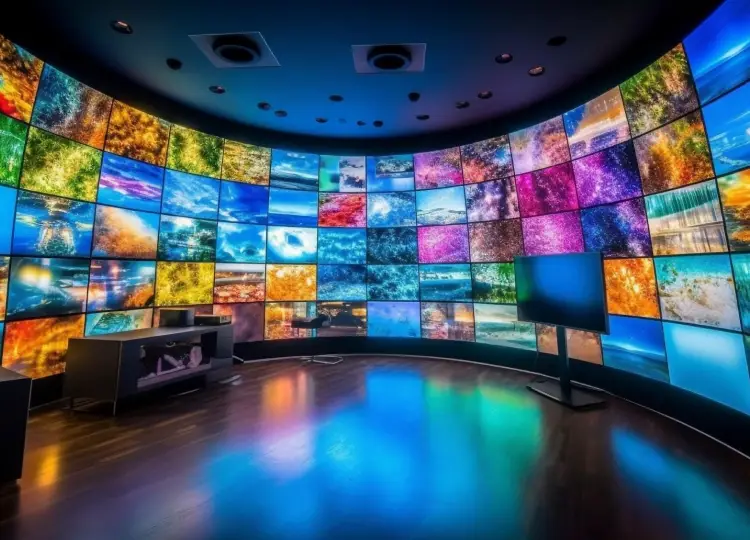Image by Freepik
The concept of parallel universes, also known as the multiverse, has captivated the imaginations of both scientists and science fiction enthusiasts for decades. This fascinating idea posits the existence of multiple universes, each with its own set of physical laws and unique possibilities. In this article, we will embark on a journey through the multiverse as portrayed in science fiction, exploring how this concept has been a rich source of storytelling and philosophical exploration.
The Multiverse in Science Fiction
The multiverse concept has found a fertile ground in science fiction, where writers and filmmakers have used it to create mind-bending narratives, explore alternate realities, and ponder profound questions about the nature of existence. Here are some notable examples of parallel universes in sci-fi:
1. "The Many-Worlds Interpretation" (Quantum Leap)
The television series "Quantum Leap" (1989-1993) introduced viewers to Dr. Sam Beckett, a scientist who invents a time-travel experiment gone awry. Rather than time travel, the show's premise aligns with the Many-Worlds Interpretation of quantum mechanics, suggesting that every choice or event creates a branching point in the universe, resulting in alternate timelines. Sam "leaps" into the lives of different people in different times, attempting to correct historical mistakes and return to his own timeline.
2. "Fringe" (2008-2013)
The TV series "Fringe" delves into the existence of parallel universes and the repercussions of interdimensional travel. Set in a world where the laws of physics differ from our own, the show explores the consequences of crossing over to these alternate realities and the ethical dilemmas it raises. "Fringe" paints a complex picture of multiple universes with their own versions of characters and events.
3. "Sliders" (1995-2000)
In "Sliders," a group of travelers uses a device to "slide" between parallel universes, each with distinct variations in history, technology, and culture. The series explores a wide range of alternate Earths, from worlds where dinosaurs still exist to dystopian futures and even dimensions where the Soviet Union won the Cold War. "Sliders" offers a thrilling exploration of the multiverse's limitless possibilities.
4. "The Man in the High Castle" (2015-2019)
Based on Philip K. Dick's novel, this series imagines an alternate history where the Axis Powers won World War II, leading to the division of the United States into territories controlled by Nazi Germany and Japan. "The Man in the High Castle" not only explores the consequences of this alternate timeline but also delves into the idea of resistance and the search for hope within a dystopian multiverse.
Philosophical and Scientific Implications
The multiverse concept in science fiction goes beyond mere storytelling; it raises profound questions about the nature of reality, choice, and existence itself. Some of the philosophical and scientific implications explored in these narratives include:
1. Infinite Possibilities
The multiverse posits the existence of an infinite number of universes, each representing a different outcome of every choice and event. This notion challenges our understanding of fate, free will, and determinism, as characters often grapple with the idea that their actions may lead to countless divergent realities.
2. Ethical Dilemmas
The exploration of parallel universes in sci-fi often delves into ethical quandaries, as characters face choices that can have far-reaching consequences. These dilemmas force viewers to reflect on the moral implications of their own decisions and the ripple effects they may create.
3. Identity and Self-Discovery
Characters navigating the multiverse frequently confront versions of themselves in alternate realities. This leads to introspection and questions about the nature of identity, selfhood, and what it means to be "you" in a vast, interconnected multiverse.
Conclusion
Parallel universes in science fiction provide a rich tapestry for exploring the complexities of existence, the consequences of choice, and the boundless potential of the human imagination. These narratives challenge our understanding of reality and invite us to contemplate the profound philosophical and scientific questions that arise when we peer into the multiverse. Whether used as a backdrop for thrilling adventures or as a vehicle for philosophical exploration, the concept of the multiverse continues to captivate and inspire both creators and audiences in the realm of science fiction.





